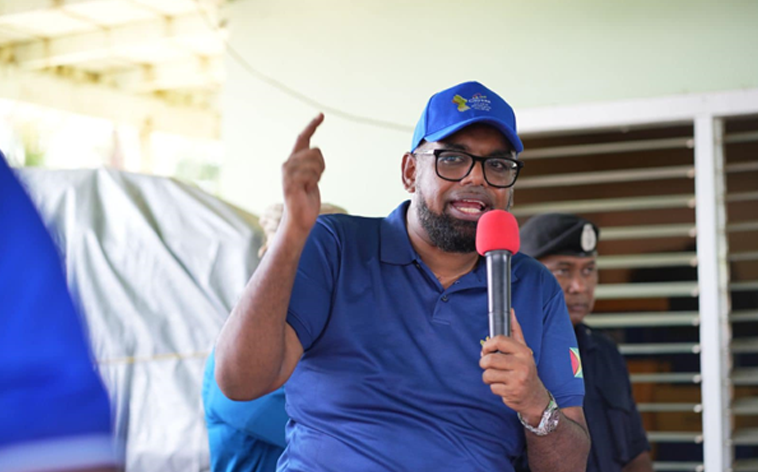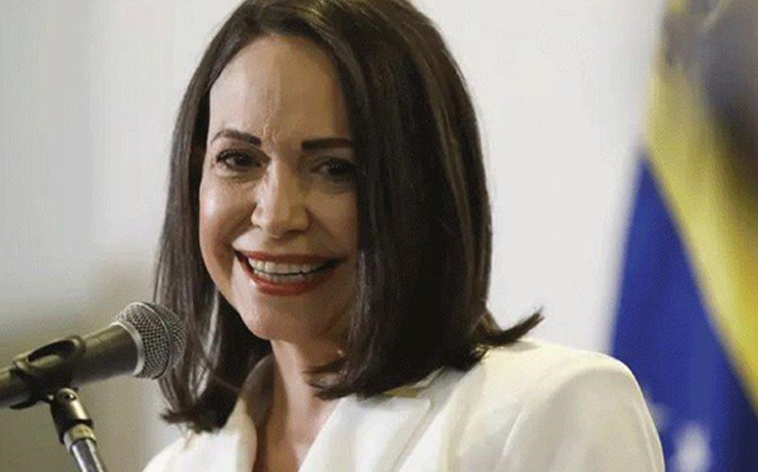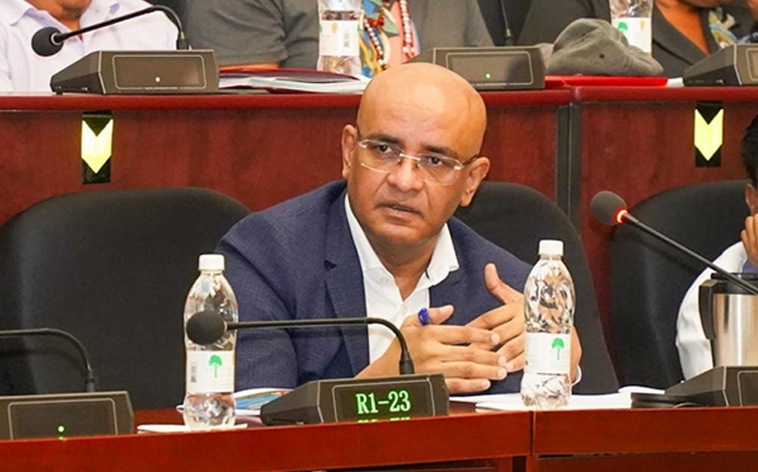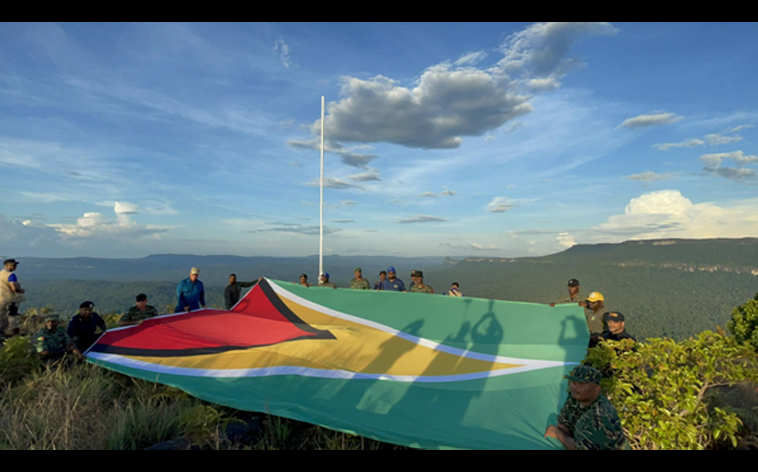Venezuelan forces seem to be pulling back from the Guyana border, and the social media feeds of several high-ranking Venezuelan officials, now on the X platform (formerly Twitter), have noticeably reduced mentions of Essequibo County, according to sources.
A typically reliable government source revealed that these troops had been instructed to de-escalate by several friendly nations. These nations support Guyana’s stance that the territorial dispute with Venezuela should be resolved at the International Court of Justice (ICJ). They argue that the current draft of the December 3 referendum allows Venezuela to abandon the ICJ and seize Guyana’s territory.
On Thursday, observers in Imbotero, located on the north-western border with Venezuela, reported that military equipment, including tanks and personnel, had departed from the area. The Venezuelan army presence in that location has reportedly dwindled to about 15 individuals who typically monitor the area.
Similar withdrawals of Venezuelan military personnel were reported from other locations along the Guyana-Venezuela border. On the X platform, President Nicolas Maduro and Vice President Delcy Rodriguez have notably toned down their rhetoric regarding Guyana’s Essequibo County ownership.
The ICJ has yet to rule on whether the current referendum questions should be reconsidered due to their implications for Guyana’s case, given the 1899 Arbitral Tribunal Award that settled the land boundary.

Meanwhile, on Thursday night, President Irfaan Ali urged residents near the Guyana-Venezuela border to remain vigilant and report suspicious activity to the Joint Services. Earlier in the day, he informed Mabaruma residents that female Venezuelan soldiers were reportedly infiltrating Guyana, and security forces were closely monitoring the situation. President Ali emphasized using technology to assist the Guyana Defence Force in analysing trends and taking appropriate actions.
Furthermore, President Ali and Vice-President Jagdeo announced that United States Defence officials would commence visits to Guyana next week and throughout December to provide training.
Venezuela’s Ambassador to Guyana, Carlos Amador Pérez Silva, stated on November 12 that his country had no intentions of invading Guyana after the referendum. He explained that the deployment of soldiers aimed to counter activities such as gold smuggling, narco-trafficking, trafficking in persons, and other significant crimes.
Venezuela’s opposition candidate for the 2024 presidential elections, María Corina Machado, has called for suspending the December 3 referendum to annex Guyana’s Essequibo.

In a statement released on her official ‘X’ (Twitter) page, Machado asserted” “Sovereignty is exercised, not consulted,” expressing her opposition to the scheduled consultation.
“The referendum on Essequibo must be suspended,” Machado said. She characterized the mechanism as a “distraction” amid the challenging Venezuelan political, economic, and social climate leading up to the 2024 presidential elections. “It is an error that not only does not contribute to the defense of our territory but can also harm us in our defense in the International Court of Justice (ICJ),” she maintained.
Vice-President Dr Bharrat Jagdeo spoke about Caricom’s position on the referendum in Venezuela. “It was very forceful. It spoke about the referendum, and it spoke about the illegality in terms of repudiation of the jurisdiction of the international court. And it also condemned this attempt to annex our country. Very, very forceful statement from Caricom.”
“Sometimes, people in the spirit of goodwill say we want peace in our Region. But I don’t think that will affect the commitment of Caricom countries to support Guyana. They have expressed that support publicly and privately. No amount of oil or economic diplomacy will change that support,” Jagdeo asserted.

Barbadian Prime Minister Mia Mottley’s diplomatic misstep in expressing support for a peaceful relationship with Venezuela has stirred resentment among the citizens of Guyana during a crucial time of need. The citizens of Guyana have every right to be upset with her diplomatic “faux pas” about Venezuela.
This oversight has led to justified anger among the people of Guyana, who now harbour concerns about her future statements.
Similarly, caution is advised in dealing with the people of Trinidad, where a subtle satisfaction with Guyana’s challenges is perceived. Despite these challenges, Guyana remains optimistic, anticipating a future of prosperity surpassing other Caricom nations. As the nation manages its newfound wealth, it is imperative for the government to exercise prudence, extending assistance only to those who genuinely convey sincerity in diplomatic interactions.
Although there are signs that Maduro is backing out, Guyana must remain vigilant. Guyana must continue its fight against a gimmick referendum and convey its mistrust of Maduro’s tactics. We must expose Maduro to the global community.
Vedan Choolun, London, UK.





